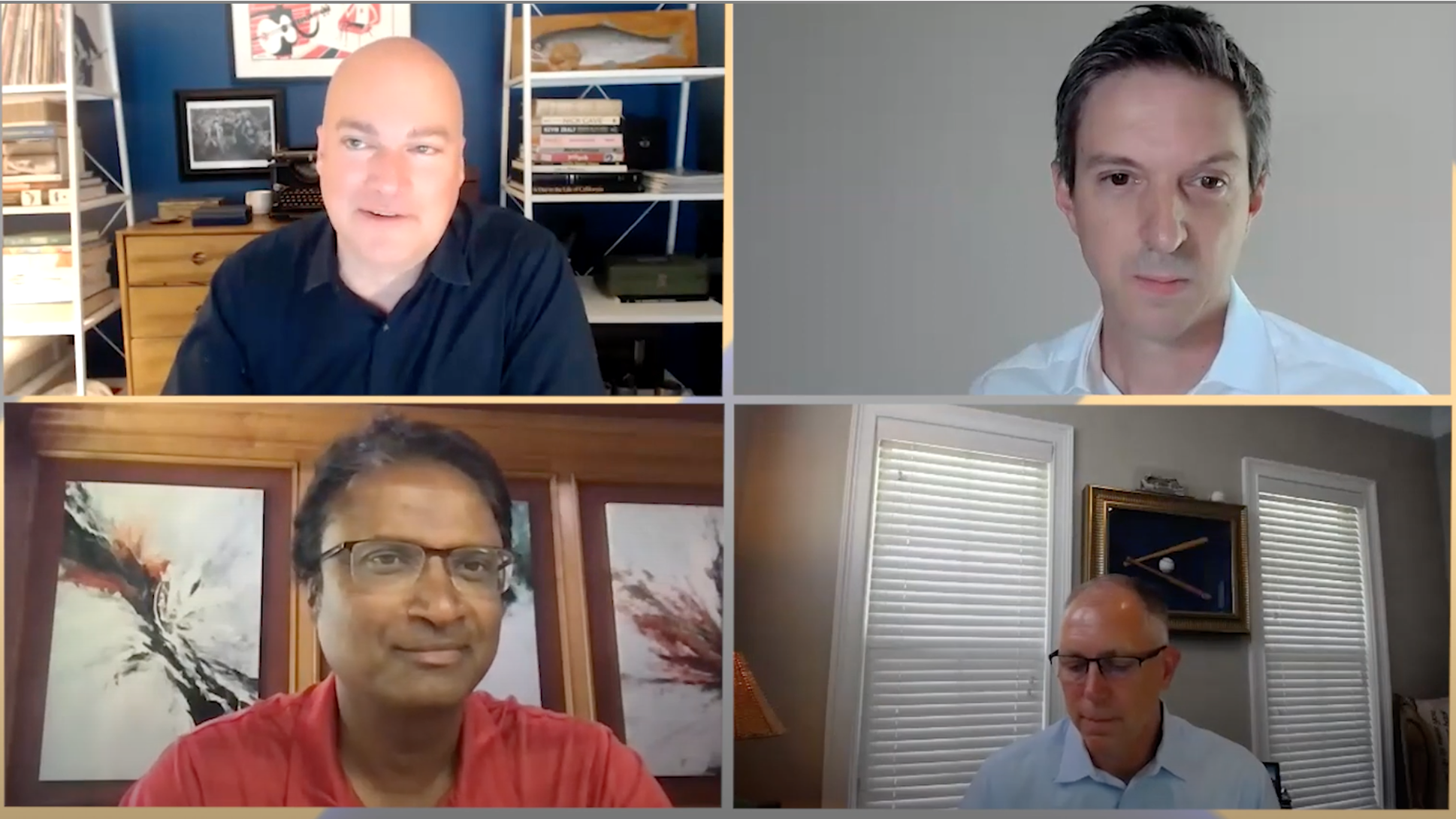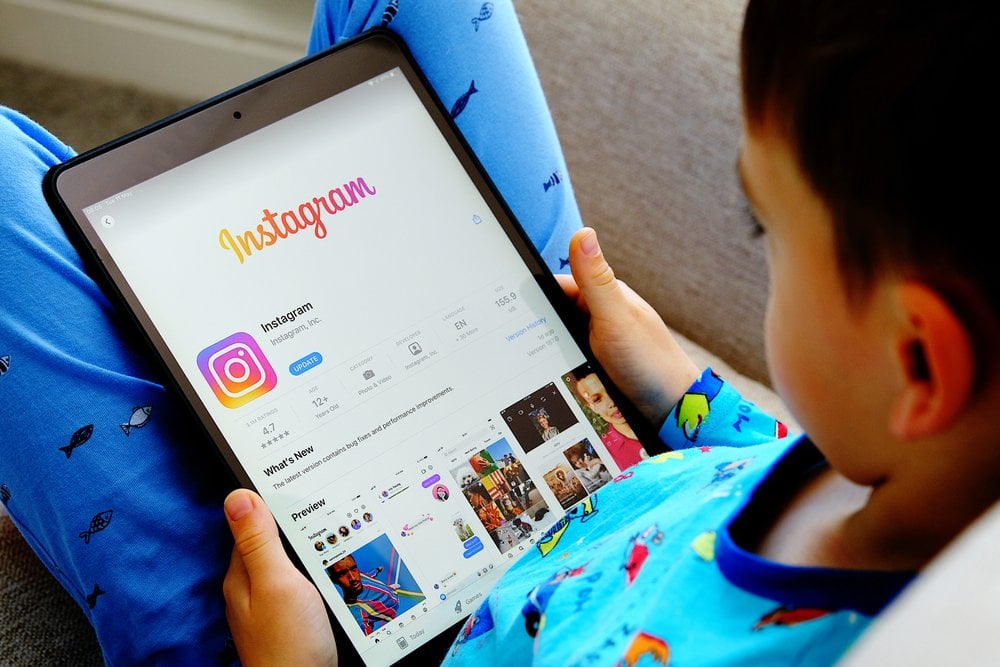Let’s take Mark Zuckerberg at his word that Facebook is an “idealistic and optimistic company,” as he told senators from two committees this week. And let’s also take him at his word that Facebook’s genuine belief is that when you connect people “good” is a natural byproduct. It would follow then, that the more connections, the more good that will result, right?
Not necessarily.
What if the lesson of Facebook’s growth is that global scale actually works in opposition to those beliefs?
In his testimony, Zuckerberg reminded us of Facebook’s humble origins in his college dorm room. At that time the goal was far less ambitious, and far less altruistic. Facebook began as a digital version of a college “face book,” the print publication incoming freshman used to get from their school to help them meet their classmates. Or, if you’re less generous, Facebook began as an online way to rate girls on campus. Whichever story you choose, Facebook’s original intention was as an online extension of a small, well-defined, real-world community, the college campus. The platform grew college by college, with each additional campus adding to the network effect but always working within the confines of real communities, places where people knew one another. In fact, in its early years, Facebook was only intended to connect people who already knew each other.
As the platform grew, Zuckerberg used the term community more, but actually it resembled a community less. Facebook’s mission, he said last June, is to “give people the power to build community and bring the world closer together.” He was talking about a global community of 2 billion people reflecting thousands of cultures, the vast majority of which will never meet offline.
Facebook had become more like a megaphone than a community. Managing its scale is now the company’s greatest challenge. Ethnic violence in Myanmar is a poignant case in point raised in the hearing by Vermont senator Patrick Leahy. “Recently, U.N. investigators blamed Facebook for playing a role in inciting the possible genocide in Myanmar, and there has been genocide there,” the senator said.
Zuckerberg’s response was striking. He said the language barrier was one of the main obstacles to proper moderation of hate speech and calls for violence. He said he would hire “dozens” of Burmese-language content reviewers as the first part of its solution in Myanmar, adding that it would partner with civil society groups to identify hate figures in the country rather than focusing on removing individual pieces of content. Zuckerberg also said Facebook would be making changes to its platform in Myanmar and countries in similar situations.
In other words, Facebook’s understanding of the unique characteristics of the community of Myanmar is limited. Multiply that by the 190 countries where Facebook operates. While Facebook may have the money to hire an army of translators, the solution shows how difficult it actually is to connect people safely when you don’t have particular insight into the community.
Facebook cannot reflect a global community because there is no such thing as a single global community. Rather there are many, many cultures and communities, often with conflicting agendas, many of which Facebook does not naturally understand. And why would it? It is not reasonable to expect a single platform with a central governance that grew out of Silicon Valley culture to moderate 2 billion people across the globe.
Facebook can hire dozens of Burmese translators. It can add 20,000 people to enforce its terms of service, as Zuckerberg said it would do by the end of this year, but that will not align its aspirations with its capabilities.
In his testimony Zuckerberg shared a core corporate belief: Facebook is a free service in order to allow as many people as possible to use it. The idea grows directly out of the value that connectivity leads to “good.” Indeed, Facebook has created a lot of good in the world, and its mission remains admirable. But with its size, it has lost insight into its community. The events that put Zuckerberg in that chair facing more than 40 members of Congress this week show that what’s good for Facebook is not necessarily what’s good for its so-called community.
Why Facebook Fails at Creating Real Community
Facebook has created a lot of good in the world, and its mission remains admirable. But with its size, it has lost insight into its community--and it's ability to fulfill that mission.















